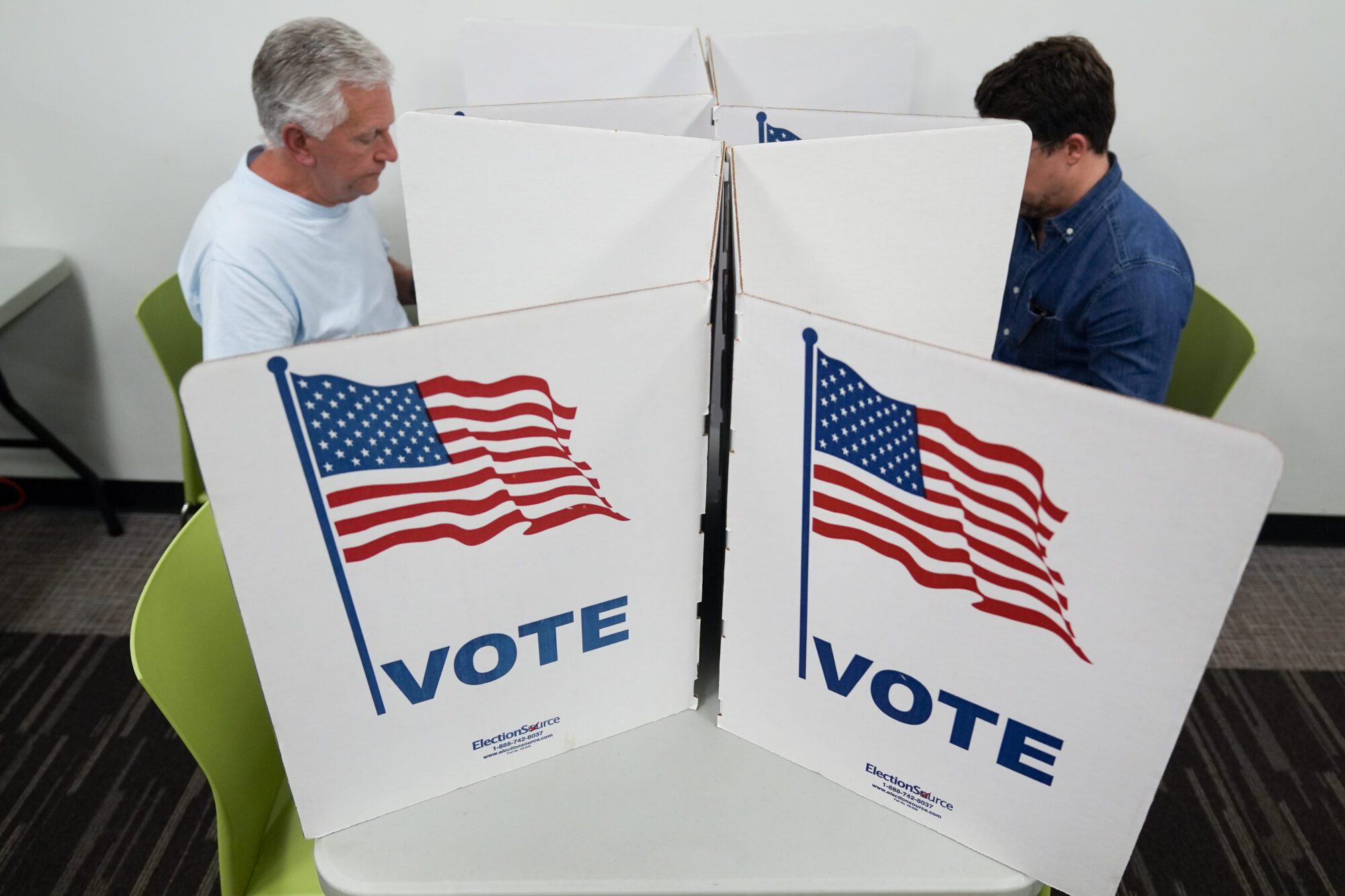
- Columnist Bill Crawford writes that Mississippi needs an effective work-first program.
In a rare show of near unanimity, the Mississippi House and Senate agreed to establish a task force to study implementation of “one-door access for state resources and services.” The bill explains: “An integrated system of workforce and social services may more effectively serve Mississippians in escaping poverty through targeted supports and work to achieve dignity and self-sufficiency and strengthen Mississippi’s economy.”
That means moving more non-working people into jobs.
The “one-door” approach was instituted in Utah in 1997 as “a true work-first approach” where “human services are treated as services supporting the attainment of work.”
A strong supporter of President Donald Trump, conservative Republican Congressman Burgess Owens of Utah favors this approach. “For too long, the federal government has stood in the way as states work to modernize their workforce and address the worker shortage slowing economic growth,” he said. “With millions of jobs unfilled and too many Americans sidelined, it’s clear our workforce systems are outdated.” He said Utah’s program “has proven this model works,” adding that it “streamlines access to jobs, training, and education.”
Not so fast, says Jonathan Bain in an article highlighted in the Magnolia Tribune. “Proponents of the ‘one-door’ policy aren’t forthcoming about the negative side effects a policy like this can have,” he wrote. Bain is a Senior Research Fellow at the Foundation for Government Accountability which has a reputation for denigrating social programs.
So, how forthcoming are Bain’s arguments?
One argument against Utah’s program is that Medicaid enrollment grew by 56% from 1997 to 2024 and “Medicaid spending has skyrocketed by 675 percent – nearly eight times larger than the year prior to ‘one-door’ going into effect.”
What Bain fails to mention is that Utah expanded Medicaid in 2020 which increased Medicaid enrollment by 58% from 2020 to 2023. Suggesting the one-door policy, not expansion, led to Medicaid growth is deceitful.
Bain also points to the 5% decline of Utah’s labor force participation rates from 1997 to 2024. The U.S. dropped 5% and Mississippi 6% over the same period. A further look shows most of Utah’s decline occurred during the 2008-2009 recession then continued to drop into 2012 – a pattern similar to the U.S. as well as Mississippi. Since 2012 Utah’s labor force participation rate has rebounded better than the U.S. average and about the same as Mississippi. With such patterns, it is hard to see how the one door-policy could be responsible for Utah’s decline.
“Utah’s approach is worth replicating,” contends conservative source RealClearPolicy.com.
Hopefully, our legislators will look deeper into Utah’s results than Bain did. Mississippi needs an effective work-first program.
“Do not spread false reports,” – Exodus 23:1.







